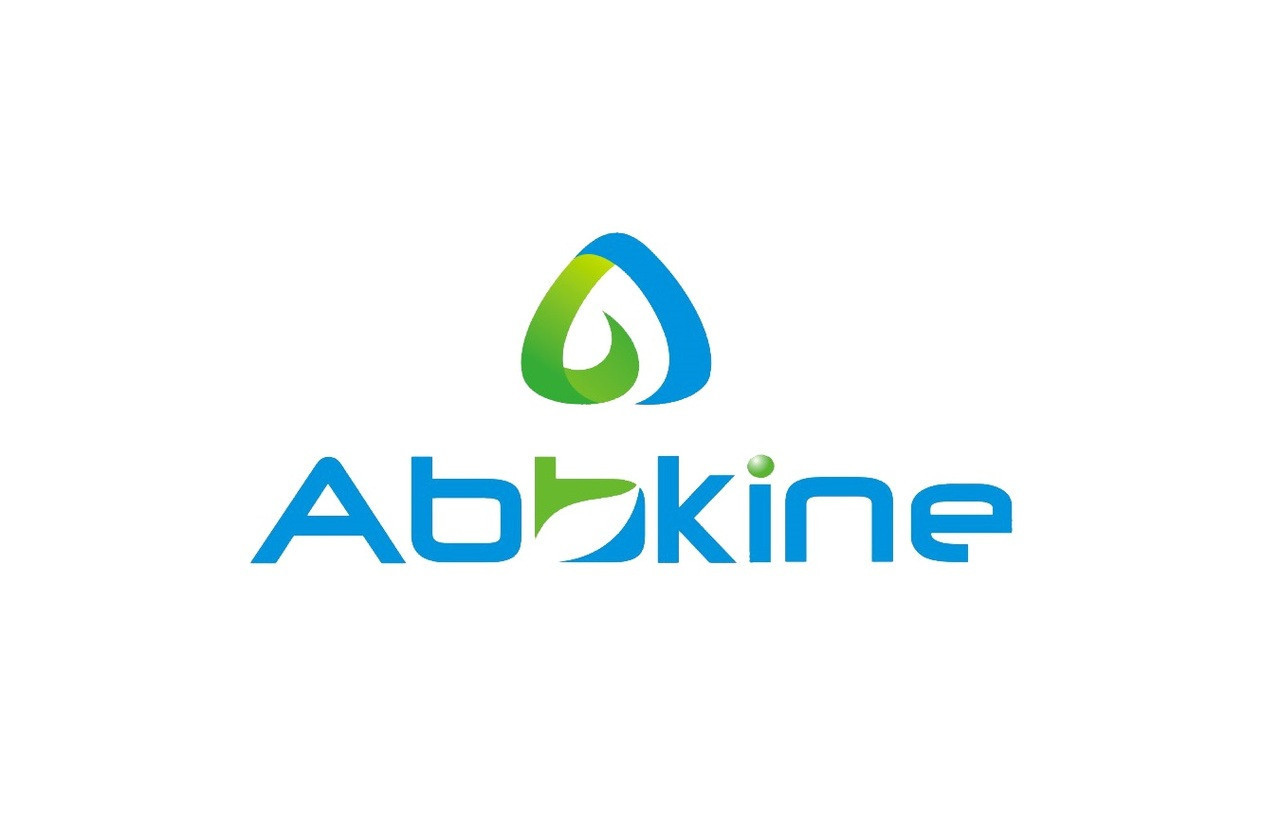Product Description
Human Keratin, type II cytoskeletal 7 (KRT7) ELISA Kit | KTE61874 | Abbkine
Application: This Human Keratin, type II cytoskeletal 7 (KRT7) ELISA Kit employs a two-site sandwich ELISA to quantitate KRT7 in samples. An antibody specific for KRT7 has been pre-coated onto a microplate. Standards and samples are pipetted into the wells and anyKRT7 present is bound by the immobilized antibody. After removing any unbound substances, a biotin-conjugated antibody specific for KRT7 is added to the wells. After washing, Streptavidin conjugated Horseradish Peroxidase (HRP) is added to the wells. Following a wash to remove any unbound avidin-enzyme reagent, a substrate solution is added to the wells and color develops in proportion to the amount of KRT7 bound in the initial step. The color development is stopped and the intensity of the color is measured.
Detection Method: Colorimetric
Conjugate: N/A
Sample Type: Cell culture supernatants#Serum#Plasma#Other biological fluids
Assay Type: Multiple steps standard sandwich ELISA assay with a working time of 3-5 hours. It depends on the experience of the operation person.
Kit Component: • Human Keratin, type II cytoskeletal 7 microplate
• Human Keratin, type II cytoskeletal 7 standard
• Human Keratin, type II cytoskeletal 7 detect antibody
• Streptavidin-HRP
• Standard diluent
• Assay buffer
• HRP substrate
• Stop solution
• Wash buffer
• Plate covers
Features & Benefits: Human Keratin, type II cytoskeletal 7 (KRT7) ELISA Kit has high sensitivity and excellent specificity for detection of Human KRT7. No significant cross-reactivity or interference between Human KRT7 and analogues was observed.
Calibration Range: Please inquire
Limit Of Detection: Please inquire
Usage Note: • Do not mix components from different kit lots or use reagents beyond the kit expiration date.
• Allow all reagents to warm to room temperature for at least 30 minutes before opening.
• Pre-rinse the pipet tip with reagent, use fresh pipet tips for each sample, standard and reagent to avoid contamination.
• Unused wells must be kept desiccated at 4 °C in the sealed bag provided.
• Mix Thoroughly is very important for the result. It is recommended using low frequency oscillator or slight hand shaking every 10 minutes.
• It is recommended that all samples and standards be assayed in duplicate or triplicate.
Storage Instruction: The unopened kit should be stored at 2 - 8°C. After opening, please store refer to protocols.
Shipping: Gel pack with blue ice.
Precaution The product listed herein is for research use only and is not intended for use in human or clinical diagnosis. Suggested applications of our products are not recommendations to use our products in violation of any patent or as a license. We cannot be responsible for patent infringements or other violations that may occur with the use of this product.
Background: Keratin 7 is a member of the keratin family. It is specifically expressed in the simple epithelia lining the cavities of the internal organs and in the gland ducts and blood vessels. The type II cytokeratins consist of basic or neutral proteins which are arranged in pairs of heterotypic keratin chains coexpressed during differentiation of simple and stratified epithelial tissues. This type II cytokeratin is specifically expressed in the simple epithelia lining the cavities of the internal organs and in the gland ducts and blood vessels. The genes encoding the type II cytokeratins are clustered in a region of chromosome 12q12-q13. Alternative splicing may result in several transcript variants; however, not all variants have been fully described.
Alternative Names: KRT7; CK7; K2C7; K7; MGC129731; MGC3625; SCL; cytokeratin 7; keratin; 55K type cytoskeletal; keratin; simple epithelial type I; K7; keratin; type cytoskeletal 7; sarcolectin; type mesothelial keratin
Search name: KRT7; CK7; K2C7; K7; MGC129731; MGC3625; SCL; cytokeratin 7; keratin; 55K type cytoskeletal; keratin; simple epithelial type I; K7; keratin; type cytoskeletal 7; sarcolectin; type mesothelial keratin
Tag: KRT7
 Euro
Euro
 USD
USD
 British Pound
British Pound
 NULL
NULL








